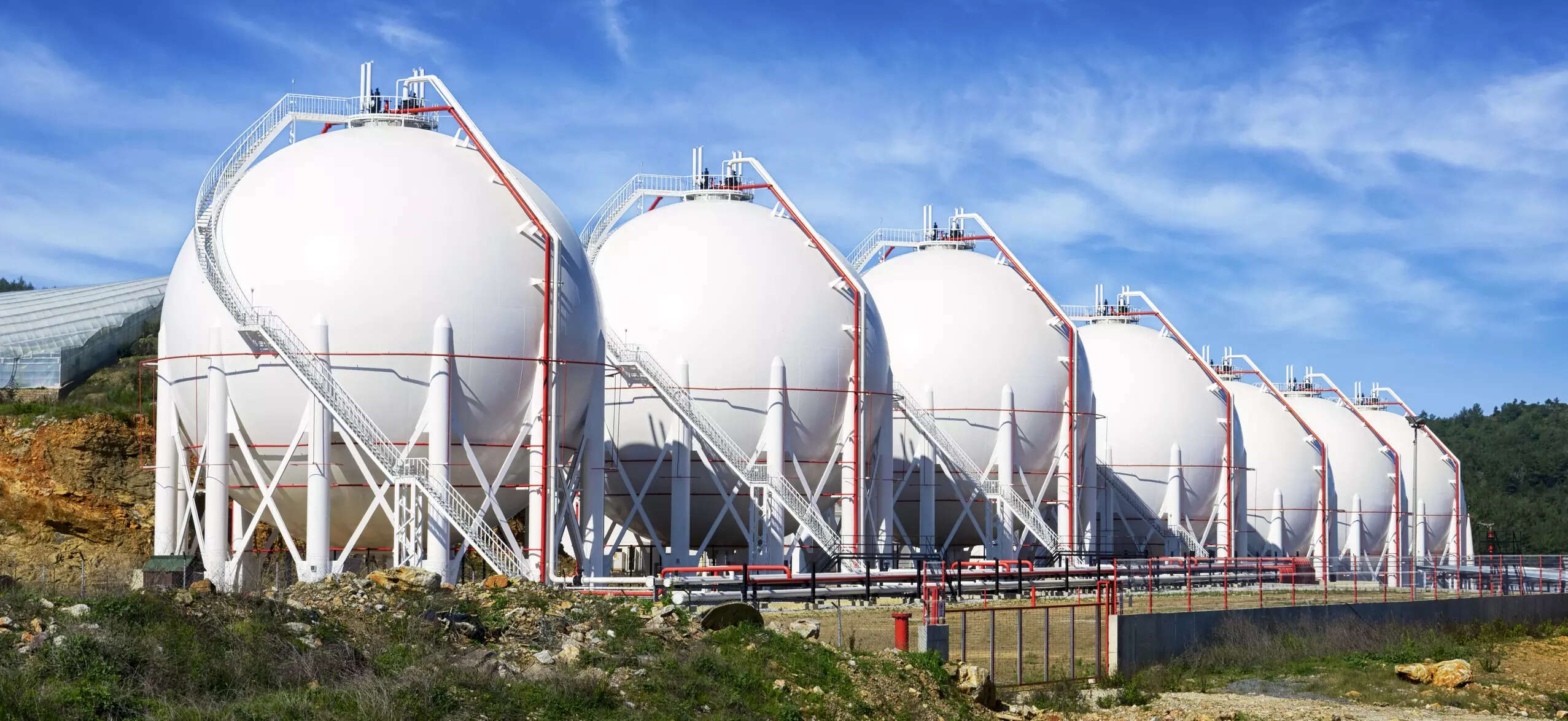
European Union countries have increased their imports of liquefied natural gas (LNG) from Russia compared with before the Ukraine war, despite the EU’s aim to quit Russian fossil fuels within a few years, an analysis by campaigners showed.
In the first seven months of the year, EU countries imported 40% more Russian LNG on tankers than the same period in 2021, the year before Russia invaded Ukraine, campaign group Global Witness said.
EU countries imported 22 million cubic metres of Russian LNG in January-July, Global Witness said in an analysis of data from analytics firm Kpler.
Spain is now the second-largest buyer of Russian LNG worldwide, with Belgium close behind. During the first seven months of 2023, Spain took 18% of Russia’s total sales, while Belgium took 17%. China bought 20%.
Russia made up around 16% of the EU’s total LNG imports from January-July, Aurora Energy Research data show.
The EU’s Russian LNG imports in January-June would be equivalent to roughly 13 billion cubic metres (bcm) of natural gas, Aurora said.
The volumes are relatively minor compared to the much larger amount of pipeline gas Europe imported from Russia before the Ukraine war – around 140 bcm per year.
Data from the EU Commission showed EU countries imported 62 bcm of pipeline gas from Russia in 2022.
But the uptick in LNG runs counter to the EU’s aim to end its reliance on Russian fossil fuels by 2027. Global Witness estimated EU countries’ Russian LNG purchases this year so far to be worth 5.29 billion euros (USD 5.78 billion).
“Buying Russian gas has the same impact as buying Russian oil. Both fund the war in Ukraine,” Global Witness campaigner Jonathan Noronha-Gant said.
The EU faced an energy crunch of tight supplies and soaring gas prices last year, after Moscow cut off most of its pipeline deliveries to Europe.
The 27-country EU has already sanctioned Russian coal and seaborne oil imports. Russian LNG and gas are not subject to EU sanctions, but some politicians have urged European firms to avoid Russian LNG.
Spanish Energy Minister Teresa Ribera told Reuters in April that Russian LNG should be part of EU talks on sanctions.

